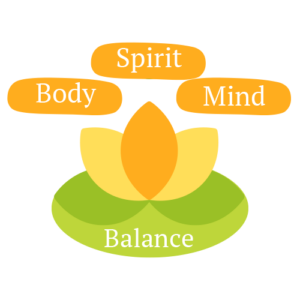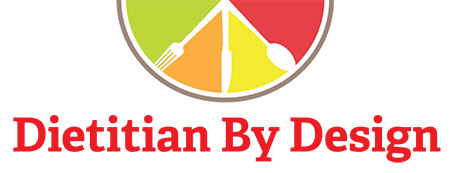Becoming a nutrition professional:
I decided to go into the nutrition field in part because of my 8-year struggle with an eating disorder. Going through treatment and recovery helped me realize how important food is for my well-being, health and happiness. The struggles I’ve been through have allowed me to be a better professional and good role-model for my clients. It gives me great pleasure to know I can instill hope in the people I work with. Without hope, recovery isn’t possible.
My Family:
I have been married to my wonderful spouse for over 35 years! We share 2 amazing children that we adopted from South Korea. We recently added Teddy to our family, a beagle/aussie mix! Our children have taught us so many lessons. Being a parent has made me a better person and clinician. Our son was diagnosed with ASD in middle school. He has taught me how to appreciate diversity, look at the world through different lenses, not sweat the small stuff, and be more patient and understanding with how he views and approaches life.
In My Free Time:
I enjoy spending time with my family, friends and colleagues; watching family videos; learning all I can about ASD; cooking and trying new recipes: and being involved with Korean cultural-related events. I am an active volunteer in my community helping people procure free meals during challenging times in their lives. I also like to read and listen to podcasts so I can learn more about trauma, LGBTQIA+, mindfulness, self-compassion, diet culture, and body acceptance.
My Recovery:
Since I began treating eating disorders in 1991, I have always referred to and utilize my own recovery from an eating disorder. I am open about my experience and tell clients if I can get into recovery, they can too. I’ve learned from all my clients that I have a unique advantage point to offer. I have lived with a brain that was infected by an eating disorder and have successfully gotten my healthy brain back! Having been through it, I could explain to clients and loved ones, as well as other clinicians, the mindset of someone with an eating disorder. I found I could empathize in a deeply connected and personal way with the client’s “need” for their eating disorder behaviors and fear of giving them up. But I could also easily confront and challenge clients in many important ways that were necessary to help them get better. I routinely remind clients that “I know exactly what It’s like to be inside their ED head!” I believe my clients find much needed motivation and hope when they see that I was once seriously ill from an eating disorder and now in recovery and at peace with food and my body.

